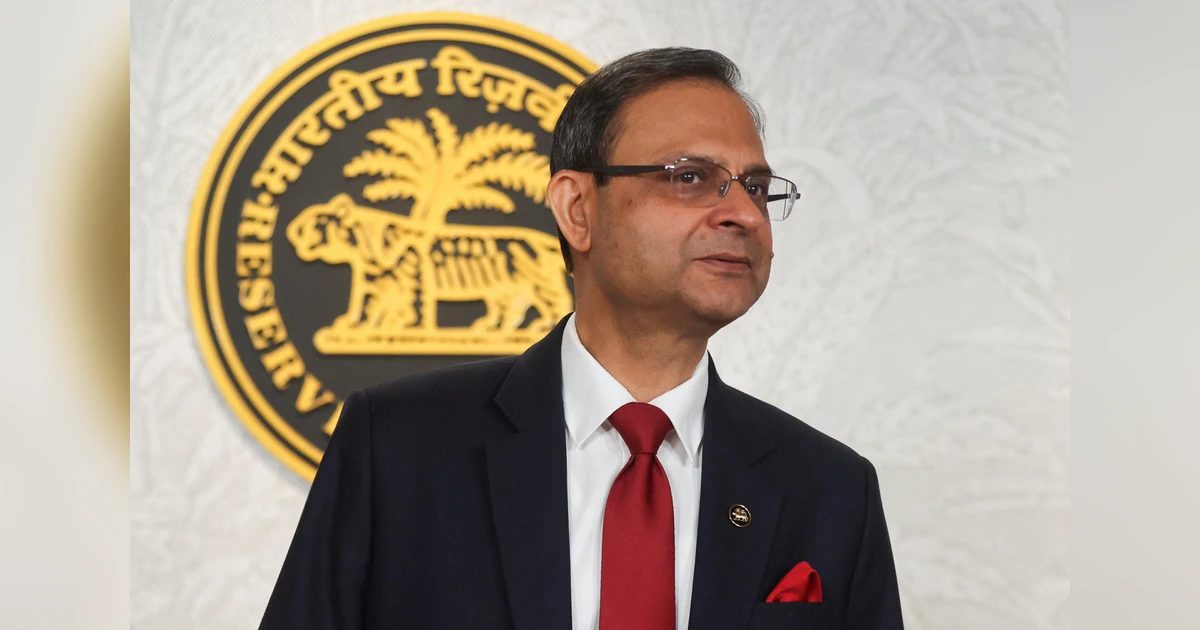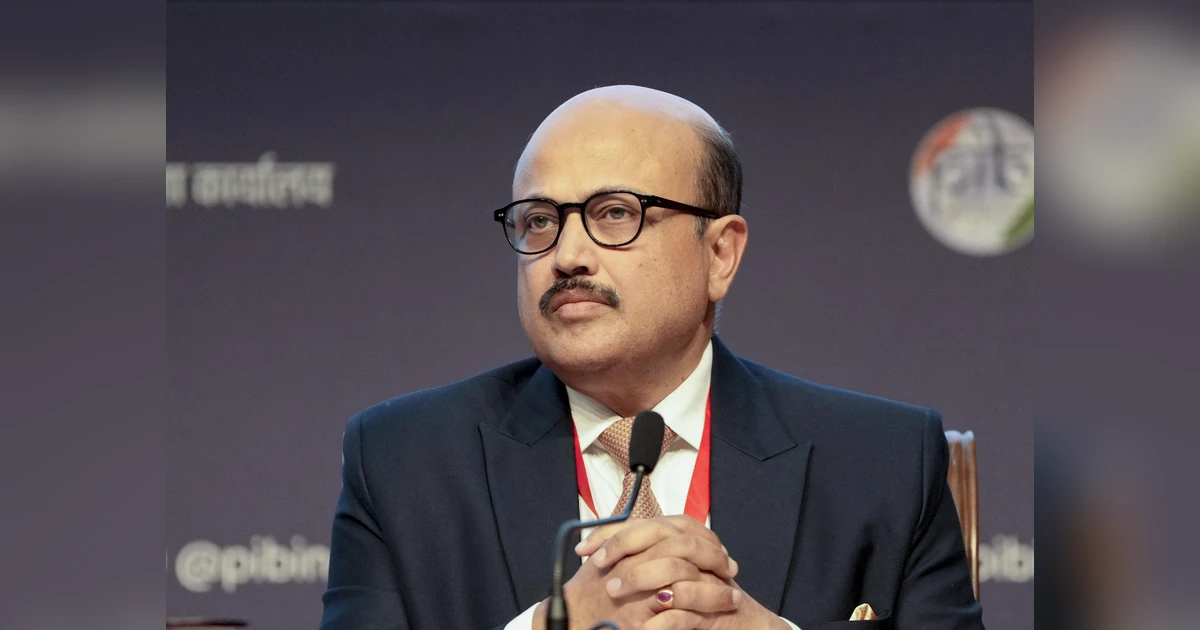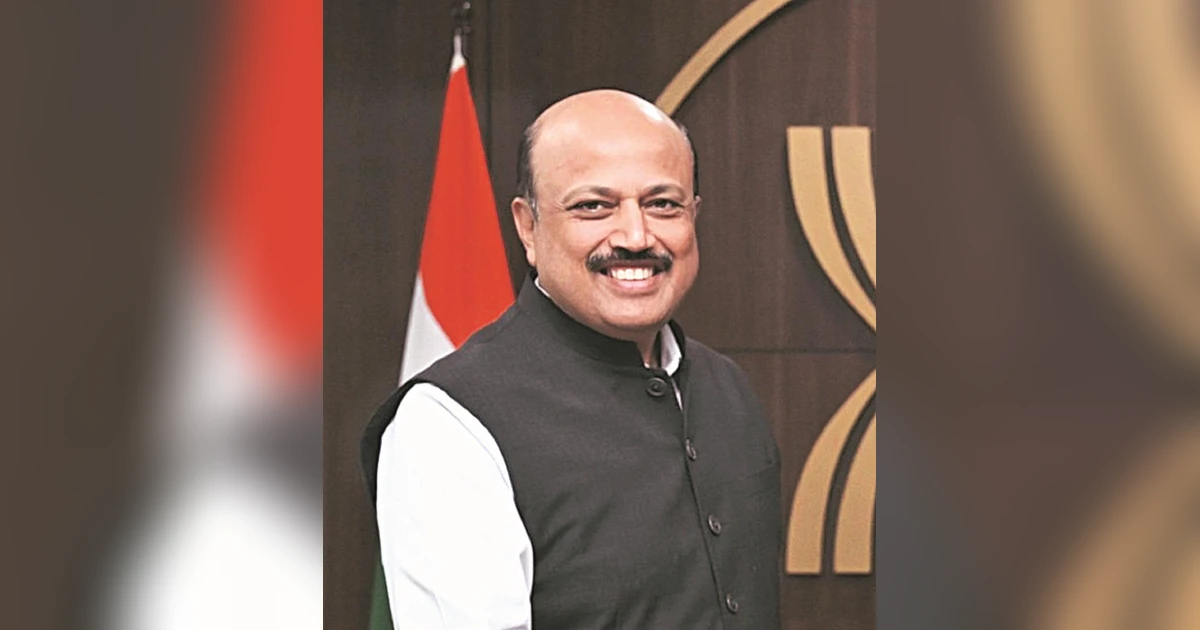A Parliamentary standing committee has asked the Skill Ministry to undertake special projects for the automotive sector to bridge the mammoth skill gap that exists in the sector.
The committee on labour, textiles and skill development, while examining the implementation of skill ministry’s flagship skill development scheme Pradhan Mantri Kaushal Vikas Yojana (PMKVY), was informed by the skill ministry earlier this year that the automotive sector has a mammoth skill gap of 29 million for the period 2019-26.
Around 18 Sectoral Skill Councils (SSCs) out of 37 SSCs have completed the Skill Gap Study to ascertain the kind of skills available in different sectors and what kind of jobs will be created in the future. “Other SSCs are in the process of completion of their study”, the house panel was informed by the Skill Ministry.
The committee also asked for the industry to be brought on board to bridge this huge gap in the sector. “It would also be appropriate for companies of the automotive sector to be brought on board to ensure that the special projects can address their specific requirements”, the house panel in its report has also noted.
The automotive sector is followed by apparels (skill gap: 8.6 million), management (6.5 million) and furniture & fittings (4.41 million), whereas the aerospace and aviation sector has the lowest skill gap at 67,000 followed by hydrocarbon (200,000), water management & plumbing (339,000) and life sciences (820,000).
SSCs are set up as autonomous industry-led bodies by National Skill Development Corporation (NSDC). They create Occupational Standards and Qualification bodies, develop competency framework, conduct training programmes for trainers, conduct skill gap studies and assess and certify trainees on the curriculum aligned to National Occupational Standards (NOS) developed by them. Currently, 38 SSCs are operational having over 600 corporate representatives in their governing councils.
The house panel in its report also raised concerns over the persistently high dropout rate (around 20 per cent) in the scheme since inception, especially in female candidates owing to pregnancy, marriage or short duration of the courses.
“According to the evaluation study report of the Scheme conducted by Indian Institute of Public Administration (IIPA), New Delhi, most of the reasons identified for dropping the courses emanated from medical grounds, family issues, social problem, distance from residence to training centres, upgradation of social status as married and attached livelihood demands, accessibility to a job, and no improvement noticed on skills, etc”, the panel noted.
Though the committee agreed with the ministry’s contention that it cannot control all the factors that lead to a candidate dropping out, yet in case of the female dropouts, the Committee suggests that the Ministry may rope in ASHA and Anganwadi Centres to create awareness about the benefits of skilling and encourage the female members who drop out owing to pregnancy, to resume training as soon as possible post-delivery.
The committee was also informed by the skill ministry that the fourth edition of the flagship scheme for the period 2022-26 is already in works.
“The Ministry has submitted that during PMKVY 4.0, the focus will be to ensure that the entire effort of skilling is candidate-centric, seamless, intuitive and user friendly, so that everything from the candidate’s admission to his/her certification is available on a digital ecosystem,” the committee said.




